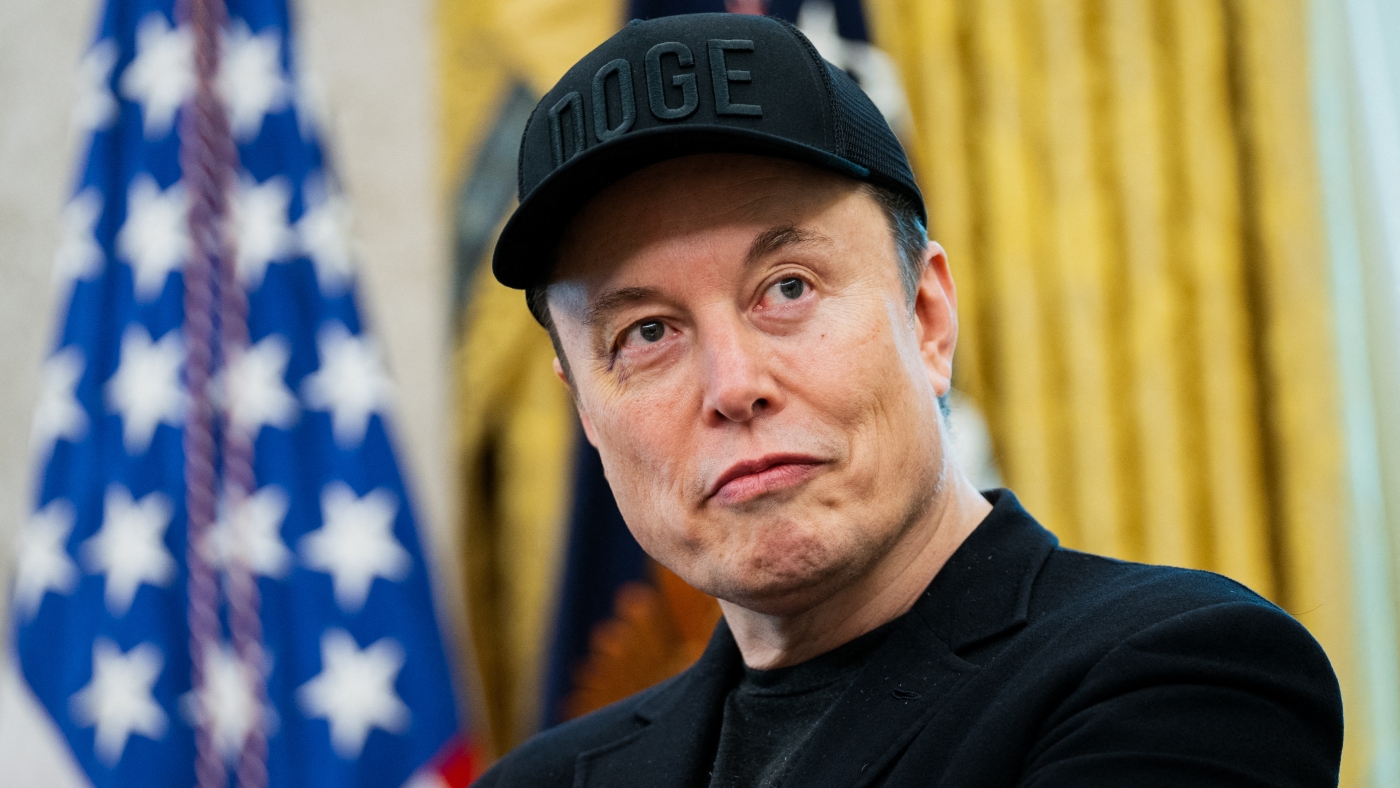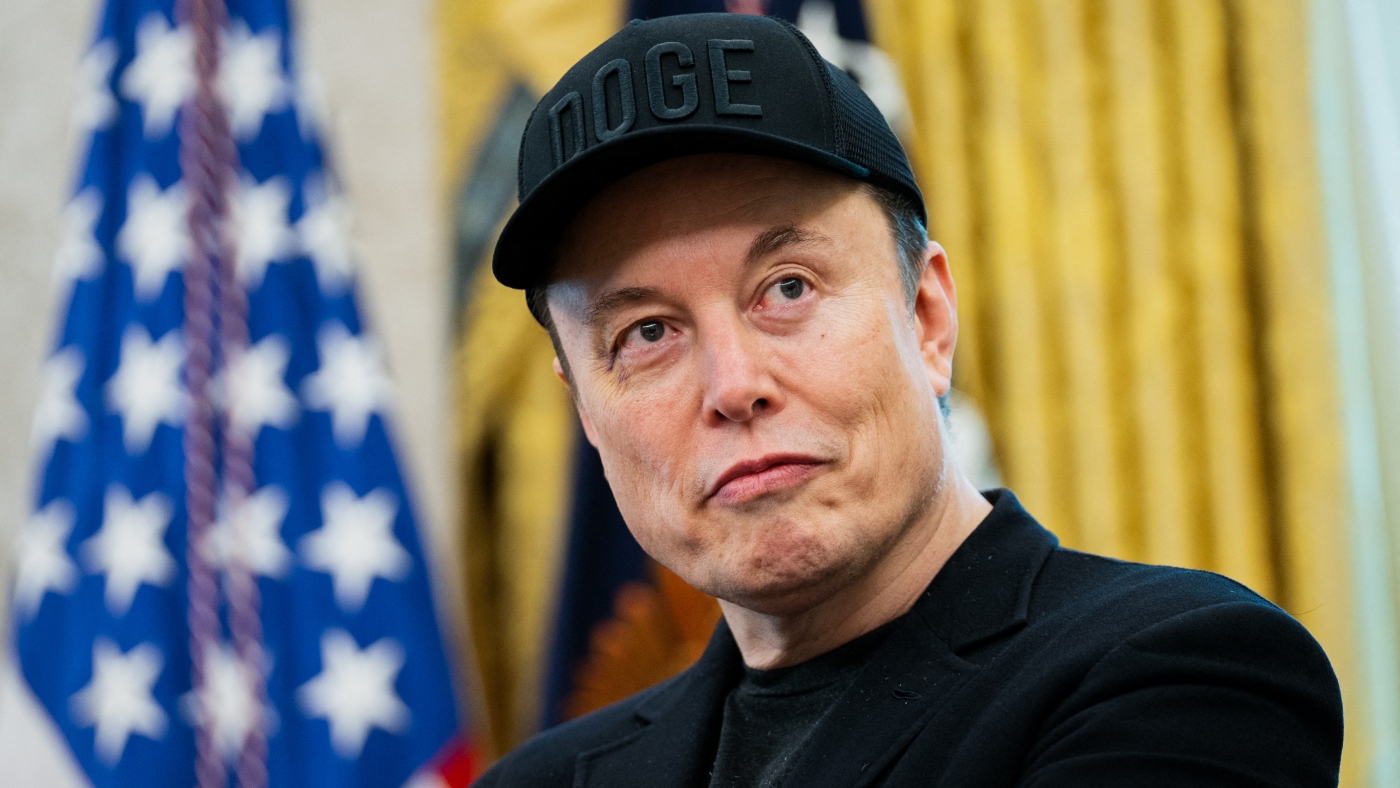Elon Musk, the billionaire entrepreneur behind Tesla, SpaceX, and X (formerly Twitter), has once again captured global attention with his latest venture: the formation of a new political party tentatively named the “America Party.” This bold move has sparked intense debate about the feasibility of disrupting the entrenched two-party system in the United States. While Musk’s ambition is undeniable, the historical and structural barriers to third-party success are formidable. This analysis explores the motivations behind Musk’s political endeavor, the challenges it faces, and the potential implications for American democracy.
The Two-Party System: A Historical and Structural Barrier
The American political landscape has been dominated by the Democratic and Republican parties for over a century. This duopoly is not accidental but rather a product of systemic factors that make it difficult for third parties to gain traction.
Duverger’s Law and Electoral Mechanics
One of the most significant barriers to third-party success is Duverger’s Law, which states that plurality-rule elections (like those in the U.S.) tend to favor a two-party system. Voters are incentivized to support the two major parties to avoid “wasting” their votes on candidates with little chance of winning. This phenomenon, known as strategic voting, reinforces the dominance of the two-party system.
Ballot Access Laws
Third parties also face significant legal hurdles in gaining ballot access. Each state has its own set of requirements, often involving the collection of thousands of signatures, compliance with organizational rules, and legal challenges. For example, the Libertarian Party, one of the most successful third parties in U.S. history, has struggled to secure ballot access in all 50 states. Musk’s “America Party” would likely face similar challenges, requiring substantial resources and legal expertise to navigate these barriers.
Campaign Finance and Media Coverage
The financial and media landscapes further disadvantage third parties. Major parties benefit from established fundraising networks, corporate donations, and media attention, while third parties often struggle to compete. Musk’s personal wealth could mitigate some of these financial challenges, but media coverage remains a significant obstacle. The media tends to focus on the two major parties, leaving third parties with limited opportunities to reach voters.
Musk’s Motivations and Potential Appeal
Despite these challenges, Musk’s entry into politics could disrupt the status quo. His motivations appear to stem from a dissatisfaction with the current political climate, particularly concerning fiscal policy and what he perceives as a lack of innovation in government.
Anti-Establishment Sentiment
Musk’s anti-establishment rhetoric resonates with a growing segment of the population that feels disillusioned with the two-party system. His critique of the “Democratic-Republican uniparty” taps into a broader frustration with political polarization and gridlock. This message could attract voters who feel alienated by the political mainstream, particularly younger generations and independents.
Musk’s Brand and Influence
Musk’s personal brand as an innovator and disruptor could lend credibility to his political venture. His success in industries ranging from electric vehicles to space exploration has earned him a reputation as a visionary. This reputation might convince some voters that he is capable of bringing fresh ideas and effective solutions to government. Additionally, his massive social media following on platforms like X allows him to bypass traditional media channels and communicate directly with voters.
Financial and Organizational Resources
Musk’s vast wealth provides him with a significant advantage in terms of funding a new political party. He has the resources to overcome some of the financial barriers that typically hinder third-party efforts, such as ballot access fees and campaign advertising. However, building a robust organizational infrastructure—including state and local chapters, fundraising networks, and campaign staff—will require more than just financial resources. It will demand strategic planning, grassroots mobilization, and a clear ideological vision.
The Challenges Ahead: A Steep Climb
While Musk’s venture has the potential to disrupt the political landscape, it faces significant challenges that could undermine its prospects for success.
Ideological Coherence and Voter Appeal
Defining a clear and consistent ideological platform that appeals to a broad base of voters will be crucial. Musk’s past pronouncements have been somewhat eclectic, making it difficult to pigeonhole his political views. For example, he has expressed support for both libertarian and populist policies, which could create confusion among potential supporters. Building a coherent party platform will require reconciling potentially conflicting viewpoints and attracting a diverse coalition of supporters.
Ballot Access and Legal Battles
Navigating the complex and often restrictive ballot access laws in each state will be a major undertaking. The “America Party” will need to mount legal challenges, mobilize volunteers, and expend considerable resources to secure ballot access across the country. Historical examples, such as the Reform Party’s struggles in the 1990s, highlight the difficulty of this task.
Candidate Recruitment and Electoral Strategy
Attracting qualified and credible candidates to run under the “America Party” banner will be essential. Persuading individuals to abandon established parties and risk their political careers on a new venture will require a compelling vision and strong leadership. Additionally, the “spoiler effect”—where a third-party candidate siphons votes away from a major party candidate—could lead to accusations of undermining democracy and may discourage voters from supporting the “America Party.”
Musk’s Controversial Image
Musk’s controversial statements and erratic behavior have alienated some segments of the population. His image as a billionaire businessman may also be a liability in an era of rising economic inequality. While his wealth and influence could be assets, they could also be perceived as symbols of the very system he claims to challenge.
The Specter of Trump: A Tangled Web
Musk’s foray into politics is inextricably linked to his evolving relationship with Donald Trump. The seeds of the “America Party” seem to have been sown in the aftermath of a public falling out between the two men. This connection to Trump, whether intended or not, adds another layer of complexity to Musk’s political venture.
Potential for Division
Musk’s association with Trump could alienate moderate voters who are wary of the former president’s divisive rhetoric and policies. It could also create internal divisions within the “America Party,” as some supporters may be drawn to Trump’s populist appeal while others may seek a more centrist or libertarian alternative.
Competition for Support
Musk and Trump could potentially compete for the same pool of voters, particularly those who are disaffected with the Republican Party establishment. This competition could dilute the impact of both Musk’s and Trump’s political ventures, making it more difficult for either to gain traction.
Unpredictable Dynamics
The unpredictable nature of both Musk and Trump makes it difficult to foresee how their relationship will evolve and how it will impact the “America Party.” Musk’s political venture could be bolstered or undermined by Trump’s actions, depending on the evolving dynamics between the two men.
A Fork in the Road: Navigating the Future
The success or failure of Elon Musk’s “America Party” will depend on a number of factors, including its ability to overcome the historical barriers to third-party success, articulate a compelling vision, build a strong organization, and navigate the complexities of the current political landscape.
The Appeal of Disruption
If Musk can tap into the deep-seated frustration with the two-party system and offer a credible alternative, he could potentially reshape American politics. His wealth, social media reach, and personal brand give him a unique platform to challenge the status quo. However, translating this appeal into electoral success will require more than just charisma and resources. It will demand a clear ideological vision, a robust organizational structure, and a strategic approach to electoral politics.
The Perils of Reality
The challenges facing third parties in the U.S. are formidable. History is littered with failed attempts to break the two-party stranglehold. Musk’s lack of political experience, controversial statements, and potential association with Trump could all undermine his efforts. Additionally, the structural barriers to third-party success—such as ballot access laws, campaign finance regulations, and media coverage—remain significant obstacles.
A Long Shot Worth Watching
Elon Musk’s “America Party” is undoubtedly a long shot. The odds are stacked against any new political party attempting to compete with the established Democratic and Republican machines. However, Musk’s wealth, influence, and willingness to disrupt conventional norms make this a political experiment worth watching. Whether he succeeds in building a viable third party or simply injects new energy and ideas into the political debate, Musk’s foray into politics is sure to be a fascinating and unpredictable journey.
The Unwritten Chapter: A Legacy in the Making?
Ultimately, the fate of the “America Party” will be determined by the voters. Will they embrace Musk’s vision of a new political order, or will they remain loyal to the established parties? Only time will tell. But one thing is certain: Elon Musk has once again thrust himself into the center of a major public conversation, and his actions will have far-reaching consequences for the future of American politics. Whether the “America Party” becomes a lasting political force or a fleeting experiment, Musk’s venture will undoubtedly leave a mark on the political landscape.








